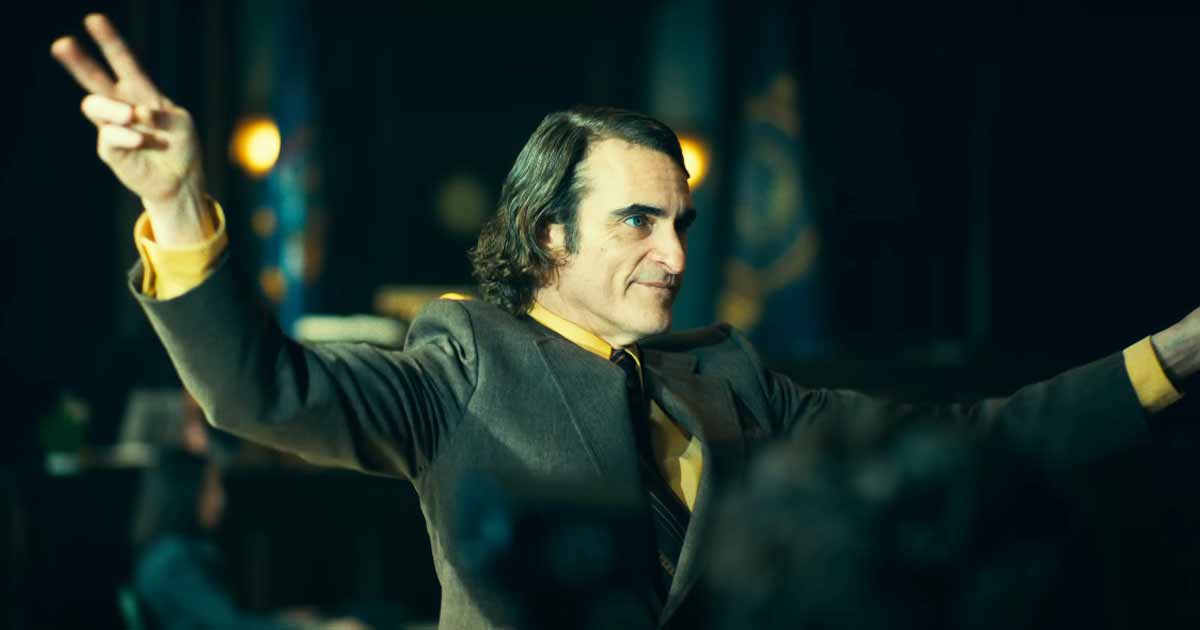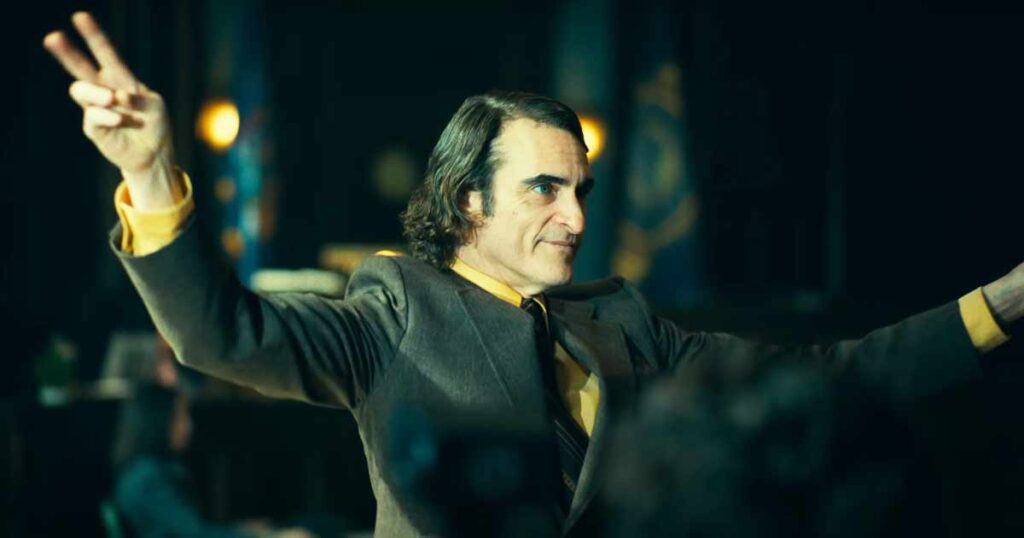
The sequel to the original Joker has arrived and it wasn’t what fans were expecting. Joker: Folie à Deux blended themes of psychological thriller and musical, making it far less exciting and deservedly negative. Nevertheless, the movie featured the return of Joaquin Phoenix’s Arthur Fleck, who is locked at Arkham Asylum, and the addition of Lady Gaga as Harley Quinn.
By the end of Joker: Folie à Deux, Arthur’s character reaches its shocking conclusion and is even more fleshed out than in the first film. While DC Easter eggs are scattered throughout, the sequel maintains its predecessor’s approach of portraying Joker as a more grounded character rooted in reality. This is achieved through a deeper exploration of Arthur’s mental illness, which Phoenix delivered in a standout performance. Moreover, Joker 2’s storyline delved further into Arthur’s psyche as his defense team tries to avoid the death penalty.
But surprisingly, neither Joker nor Joker: Folie à Deux explained the exact disorder or mental illness that Arthur has. He was shown as a person who frequently suffers from uncontrollable laughing fits, especially in the original Joker. Arthur carries a card to explain his condition to strangers, but the card’s details are never revealed. This vagueness stirred speculation among fans, and to answer their questions, Arthur probably has a pseudobulbar effect, a neurological disorder resulting from brain trauma that causes involuntary laughing or crying, as per the National Library of Medicine.
Although we assume his illness given the speculation, Joker and Joker 2 never confirmed Arthur’s illness, Joker: Folie à Deux explored some exciting things about the character. Todd Phillips’ Joker 2 heavily focuses on Arthur’s trial for the murders committed in the first film. His defense lawyer, Maryanne, argues that he has a dissociative identity disorder, claiming that Joker is a separate personality sharing Arthur’s body.
However, Harvey Dent opposes them and presents another doctor’s testimony, claiming that Arthur doesn’t have DID. Instead, he argues that Arthur’s actions as Joker stem from anxiety, loneliness, and PTSD from childhood abuse. Joker 2 deeply explored Arthur’s mental health but never offered a definitive diagnosis.
Check out the latest Hollywood News!
Follow Us: Facebook | Instagram | Twitter | Youtube | Google News

